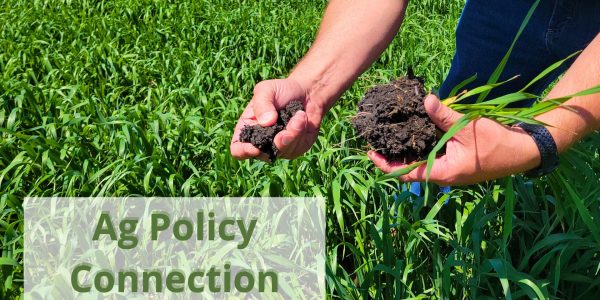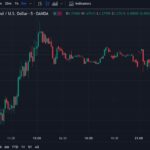Farmers and ranchers face a lot of pressure to farm and raise animals in certain ways to meet the sustainability goals of others, including food companies, lenders and governments.
Glyphosate-free oats contracts, carbon credits, government payments for rotational grazing and the use of nitrogen loss inhibitors, federal fertilizer emissions reduction targets, clean fuel standards, and scope 3 emissions reporting requirements are just a few of the many policies aimed at bringing change to agriculture.
Whether companies or governments take a carrot-or-stick approach, the success of any given policy in agriculture often depends on change at the farm level and requires producer buy-in.
A survey last year by the Canadian Agriculture and Food Policy Institute, based on RealAgristudies research, found that 27 percent of Canadian farmers said they participate in private or government programs that encourage the adoption of sustainable agricultural practices. Interestingly, only 14 percent of these farmers said the incentives offered were absolutely necessary for them to adopt their preferred practices, suggesting that there are other reasons to switch to practices that are perceived as more sustainable.
So what motivates farmers to implement or adopt new sustainability practices? That’s the main question we discuss in this new episode of Ag Policy Connection, featuring a panel of producers from Alberta, Saskatchewan and Ontario (and Manitoba, with our hosts).
What are some examples of successful policies? What is the role of government? Ultimately, does return on investment matter? Below are some of the questions we will explore with our panelists:
– Fred RosemanA rancher and farmer in the Claresholm area of Alberta, Fred sits on many research-related industry boards including the Alberta Beef Producers Association, Results-Based Agricultural Research (RDAR), the Beef Cattle Research Council and the new organization Western Crop Innovation.
– Ian McCrearyA crop and livestock producer based near Bloodworth, Saskatchewan, Ian is co-chair of the Prairie Farmers and Ranchers Forum and former chair of the Farmers for Climate Solutions Task Force.
– Lindsay SmithHe wears his farmer’s hat as part-owner of Shady Creek Lamb, a family-run sheep and lamb farm near Ottawa, Ontario.
“Ag Policy Connection” is hosted by the Canadian Agricultural Policy Institute and RealAgriculture. The second season is nearing the end, but you can still watch all past episodes. here.
If you have any comments or feedback, please send us an email at the address below. (email address protected) Or leave a message on the RealAg listener line at 1.855.776.6147.
subscribe: Apple Podcasts | Spotify | | All Podcasts







